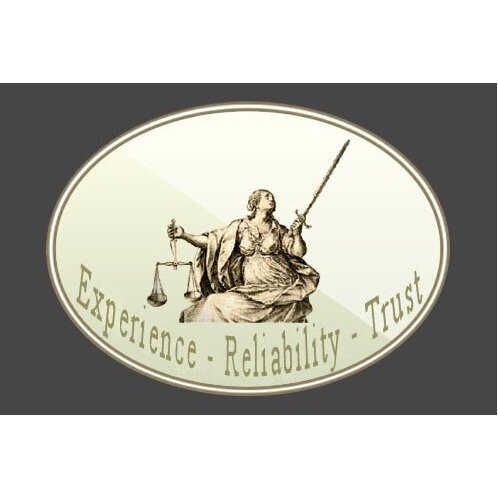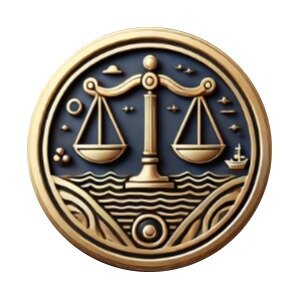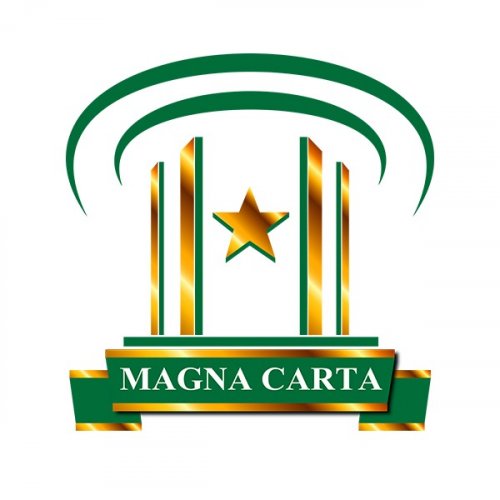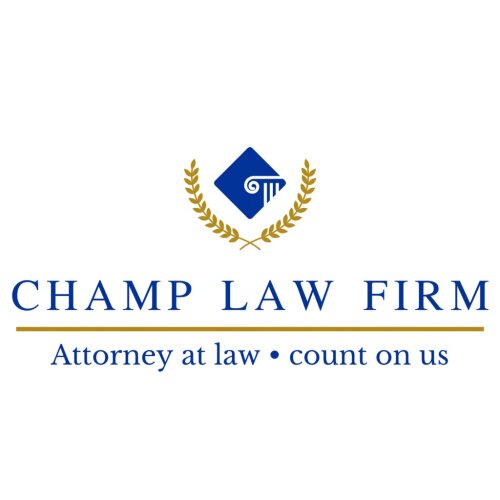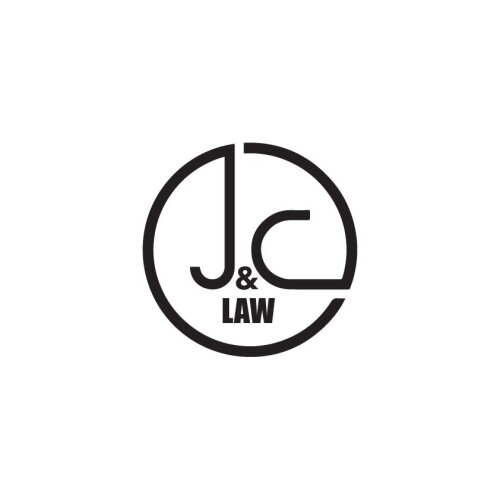Best Sanctions & Export Controls Lawyers in Pattaya
Share your needs with us, get contacted by law firms.
Free. Takes 2 min.
List of the best lawyers in Pattaya, Thailand
About Sanctions & Export Controls Law in Pattaya, Thailand
Sanctions and export controls are critical legal frameworks that govern how goods, technology, and services are transferred across borders, especially in sensitive contexts. In Pattaya, Thailand, these laws are shaped by both national legislation and international agreements. The aim is to protect national security, prevent illegal trade, and ensure that Thailand complies with international sanctions regimes. Businesses and individuals involved in international trade, especially those dealing with controlled goods such as dual-use items or defense equipment, must be aware of their legal obligations under these frameworks.
Why You May Need a Lawyer
Many scenarios can arise that require specialized legal advice in the field of sanctions and export controls in Pattaya, Thailand. For example, businesses importing or exporting goods may inadvertently violate restrictions if they are unaware of current regulations or if they misclassify products. Individuals or companies might also face penalties for supplying goods or services to sanctioned individuals, entities, or countries. Additionally, tourists or expatriates residing in Pattaya who are engaged in international business dealings may need to navigate complex compliance requirements. Consulting with a lawyer ensures that your activities are legally compliant and helps you avoid severe penalties or reputational damage.
Local Laws Overview
Thailand enforces a series of laws and regulations relevant to sanctions and export controls that apply to residents and businesses in Pattaya. These include:
- The Export and Import of Goods Act, which regulates the export and import of goods and maintains control lists that define items subject to restrictions. - Provisions under the Anti-Money Laundering Act and Counter-Terrorism Financing laws, which include measures to comply with international sanctions and embargoes. - The Customs Act, which provides customs authorities with the power to seize prohibited or controlled goods. - Specific regulations concerning dual-use goods, hazardous materials, and sensitive technologies. - Ad hoc government notifications and ministerial regulations aligning Thailand’s obligations with United Nations Security Council sanctions.
Anyone dealing with cross-border transactions or transporting potentially controlled items should stay updated with the latest rules and seek legal guidance as compliance requirements can change frequently.
Frequently Asked Questions
What are export controls and why do they matter in Pattaya, Thailand?
Export controls regulate the transfer, shipment, or sharing of certain goods, technology, or information across borders. They matter in Pattaya because non-compliance can result in severe penalties and can impact both businesses and individuals engaged in international trade.
Who enforces sanctions and export controls in Pattaya?
The Thai Customs Department, Ministry of Commerce, and other government agencies such as the Department of Foreign Trade are primarily responsible for enforcing these laws. They investigate suspected violations and impose penalties as needed.
What are common items subject to export controls?
Common controlled items include arms, ammunition, certain types of software and technology, nuclear-related materials, and dual-use goods that can be used for both civilian and military purposes.
Are there specific countries or individuals that Pattaya residents are prohibited from trading with?
Yes, Thailand observes international sanctions and embargoes, particularly those imposed by the United Nations. This means that trade with specific sanctioned countries, entities, or individuals is prohibited or restricted.
What penalties can result from violating export controls or sanctions?
Penalties can include hefty fines, confiscation of goods, loss of export privileges, and in serious cases, imprisonment. Business operations may also suffer lasting reputational harm.
How do I find out if a product I want to import or export is restricted?
You should consult the Thai Ministry of Commerce’s control lists or speak with a lawyer specializing in export controls to determine whether your goods require licenses or are subject to restrictions.
Can expatriates or foreign investors be held liable under Thai sanctions and export controls laws?
Yes, these laws apply regardless of nationality. Both Thai and foreign nationals can be prosecuted for violations committed within Thailand.
Are there exceptions or licenses available for controlled exports?
It is sometimes possible to obtain export licenses or special permissions from relevant government bodies, depending on the nature of the goods, their end-use, and the countries involved.
How often do laws and regulations change in this area?
Sanctions and export control regulations are subject to frequent revision, especially as international situations evolve. Regular updates are published by relevant Thai government departments and must be closely monitored.
What is the first step if I am under investigation for a sanctions or export control issue?
You should seek advice from a qualified lawyer as soon as possible. Early legal intervention can ensure your rights are protected and you take appropriate steps during any investigation.
Additional Resources
- Department of Foreign Trade (Ministry of Commerce): Provides export and import regulations, control lists, and licensing information - Thai Customs Department: Offers guidance on customs regulations, including prohibited and controlled goods - Ministry of Foreign Affairs: Updates on sanctions, embargoes, and international commitments - Anti-Money Laundering Office: Information on compliance with sanctions related to financial transactions - Local Chambers of Commerce: Guidance and seminars for businesses on complying with sanctions and export controls - Law firms in Pattaya: Legal professionals with experience in sanctions, export controls, and international trade matters
Next Steps
If you believe you need legal assistance regarding sanctions and export controls in Pattaya, it is advisable to:
- Identify the specific circumstances or transactions for which you require advice - Gather all relevant documents, such as contracts, shipping records, compliance certifications, and notices from authorities - Consult a qualified lawyer who specializes in sanctions and export controls law to review your situation - Remain proactive by staying informed about changes in Thai and international laws that could affect your activities - Engage in regular compliance training and risk assessments if you are involved in ongoing international trade
Early legal intervention and ongoing compliance are key to avoiding costly penalties and ensuring smooth, legal, and successful international trading operations in Pattaya, Thailand.
Lawzana helps you find the best lawyers and law firms in Pattaya through a curated and pre-screened list of qualified legal professionals. Our platform offers rankings and detailed profiles of attorneys and law firms, allowing you to compare based on practice areas, including Sanctions & Export Controls, experience, and client feedback.
Each profile includes a description of the firm's areas of practice, client reviews, team members and partners, year of establishment, spoken languages, office locations, contact information, social media presence, and any published articles or resources. Most firms on our platform speak English and are experienced in both local and international legal matters.
Get a quote from top-rated law firms in Pattaya, Thailand — quickly, securely, and without unnecessary hassle.
Disclaimer:
The information provided on this page is for general informational purposes only and does not constitute legal advice. While we strive to ensure the accuracy and relevance of the content, legal information may change over time, and interpretations of the law can vary. You should always consult with a qualified legal professional for advice specific to your situation.
We disclaim all liability for actions taken or not taken based on the content of this page. If you believe any information is incorrect or outdated, please contact us, and we will review and update it where appropriate.





